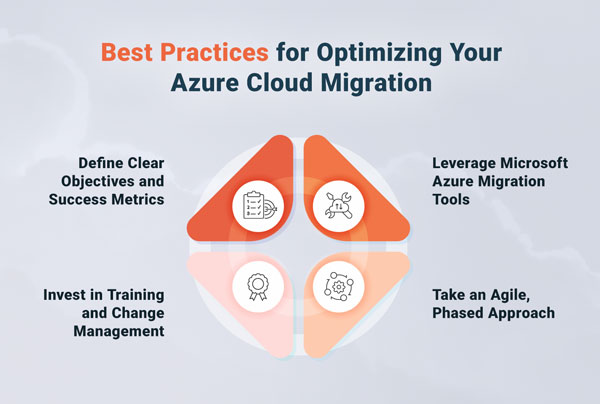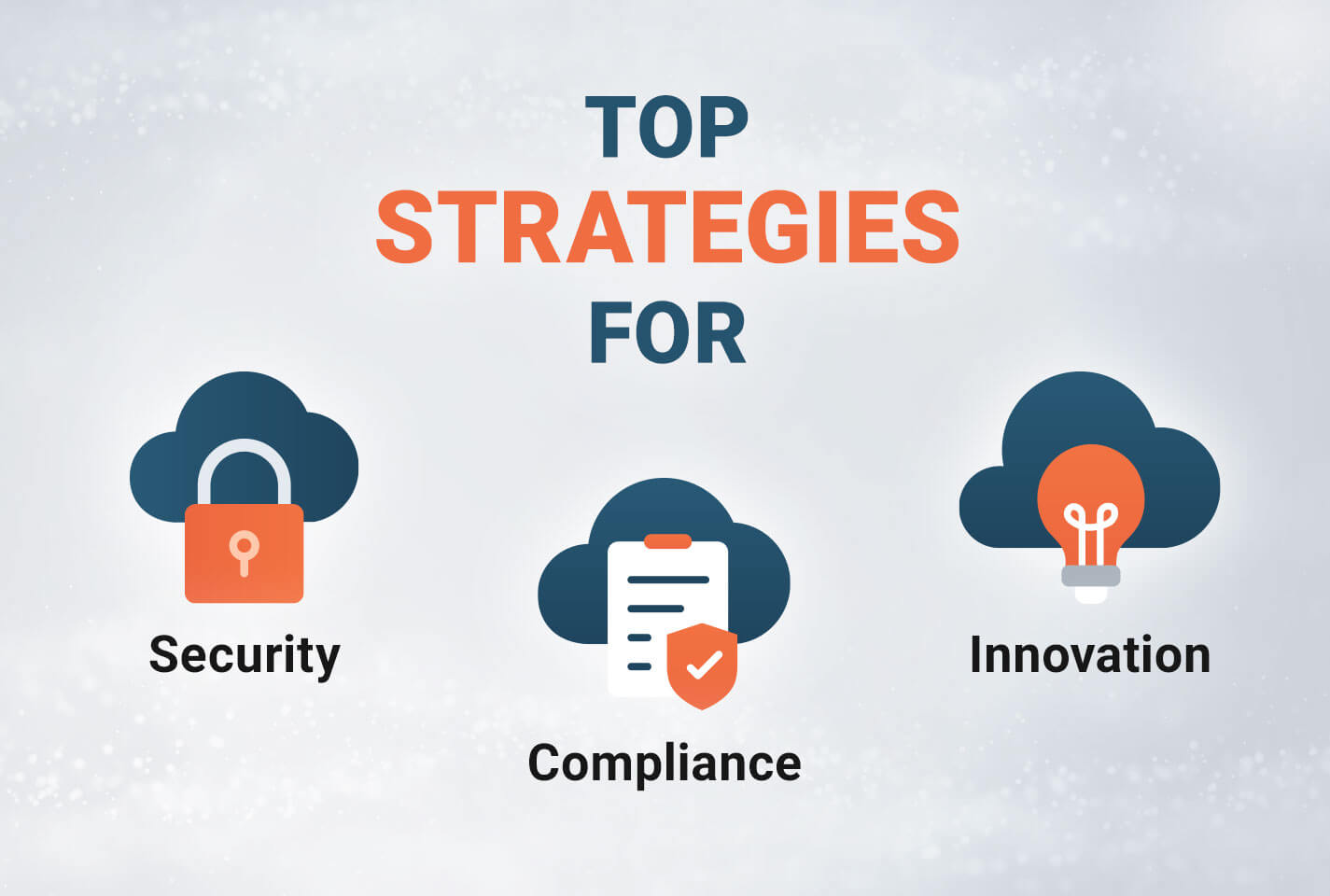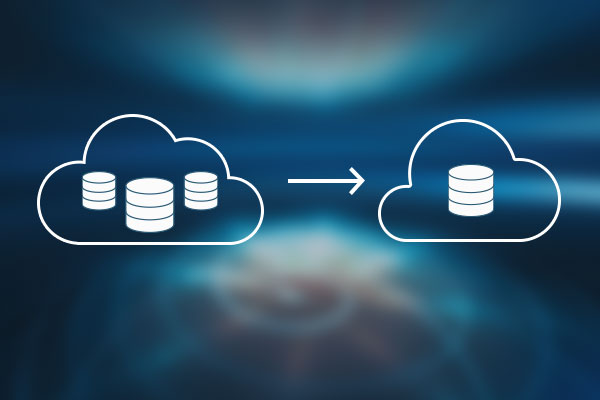In today’s digital age, artificial intelligence (AI) has emerged as a transformative force, revolutionizing industries and unlocking new possibilities. One of the leading platforms driving AI innovation is Azure OpenAI. Powered by the partnership between Microsoft Azure and OpenAI, this combination brings together the extensive cloud infrastructure of Azure and the state-of-the-art AI capabilities of OpenAI. In this blog post, we will discuss Azure OpenAI, exploring its features, benefits, and how it enables developers to build intelligent applications.
What is Azure OpenAI?
Azure OpenAI is the result of a collaboration between Microsoft Azure and OpenAI. Microsoft Azure offers a wide range of services for building, deploying, and managing applications on a global scale. OpenAI is at the forefront of AI research and development, known for breakthroughs in natural language processing and reinforcement learning. Azure OpenAI combines these capabilities and provides ready access to AI technologies that can help accelerate innovation across industries.
Azure OpenAI Features and Services
- OpenAI APIs – Azure OpenAI provides developers with easy access to OpenAI’s APIs, enabling them to integrate AI capabilities into their applications effortlessly. The OpenAI API suite includes language models, such as ChatGPT and Codex, that can perform a wide range of tasks, including natural language understanding, text generation, and code completion. These APIs have been trained on large datasets and benefit from continual improvement and updates, ensuring the latest advancements in AI are at developers’ fingertips.
- Azure Cognitive Services – Azure OpenAI extends the capabilities of Azure Cognitive Services, a collection of pre-trained AI models that facilitate the development of intelligent applications. With Azure Cognitive Services, developers can leverage vision, speech, language, and decision-making APIs to add features like image recognition, speech recognition, sentiment analysis, and personalized recommendations. Azure Cognitive Services, in combination with OpenAI’s advanced models, enables developers to create applications that can understand, interpret, and interact with users in a more human-like manner.
- OpenAI Infrastructure on Azure – Azure OpenAI provides a scalable and robust infrastructure to support the training and deployment of AI models. OpenAI’s GPT (Generative Pre-trained Transformer) models can be trained and fine-tuned on Azure’s cloud platform. By leveraging Azure’s extensive computing resources, developers can accelerate the training process, reduce time-to-market, and easily scale their AI models based on demand. This infrastructure also ensures the security, compliance, and reliability of AI applications, allowing developers to prioritize innovation.
Benefits of Azure OpenAI
- Accessibility and Flexibility – Azure OpenAI provides easy access to AI models and tools. Developers, regardless of their AI expertise, can leverage Azure’s user-friendly interfaces and comprehensive documentation to get started quickly. The flexible pricing model of Azure OpenAI allows users to pay for only what they use, making AI more accessible to businesses of all sizes.
- Advanced AI Capabilities – By integrating OpenAI’s models with Azure’s set of services, Azure OpenAI offers developers access to advanced AI capabilities. This empowers developers to create applications that can understand natural language, generate contextually relevant responses, automate complex tasks, and deliver personalized experiences to users.
- Scalability and Reliability – Azure OpenAI leverages the global infrastructure of Azure, providing developers with the scalability and reliability required to handle AI workloads. Whether it’s training large models, processing large amounts of data, or serving millions of user requests, Azure’s robust infrastructure ensures applications perform reliably and consistently, even under high loads.
Is Azure OpenAI right for my business?
Azure OpenAI has a wide range of applications across various industries. Here are just a few examples:
- Customer Service: Intelligent chatbots powered by Azure OpenAI can handle customer queries, provide personalized recommendations, and resolve issues, improving customer satisfaction and reducing support costs.
- Content Generation: Developers can leverage OpenAI’s language models to generate engaging content, automate content curation, and streamline content creation processes.
- Healthcare: Azure OpenAI can assist in medical research, patient diagnosis, and personalized treatment plans by analyzing vast amounts of patient data, research papers, and clinical records.
- Financial Services: AI-powered applications built with Azure OpenAI can detect fraud, automate financial analysis, and provide intelligent investment advice, enhancing operational efficiency and risk management.
Turning AI Hype into Reality
Azure OpenAI helps organizations turn the hype and excitement of AI intro real business applications. It is a powerful platform that enables developers to create intelligent applications that understand natural language, make contextually relevant decisions, and deliver personalized experiences. With its ease of use, scalability, and a vast array of services, Azure OpenAI is driving AI innovation across industries, revolutionizing the way businesses interact with their customers, automate tasks, and unlock new possibilities for growth.
To learn more about Azure OpenAI and to discuss the possibilities it brings to your organization, contact us.







